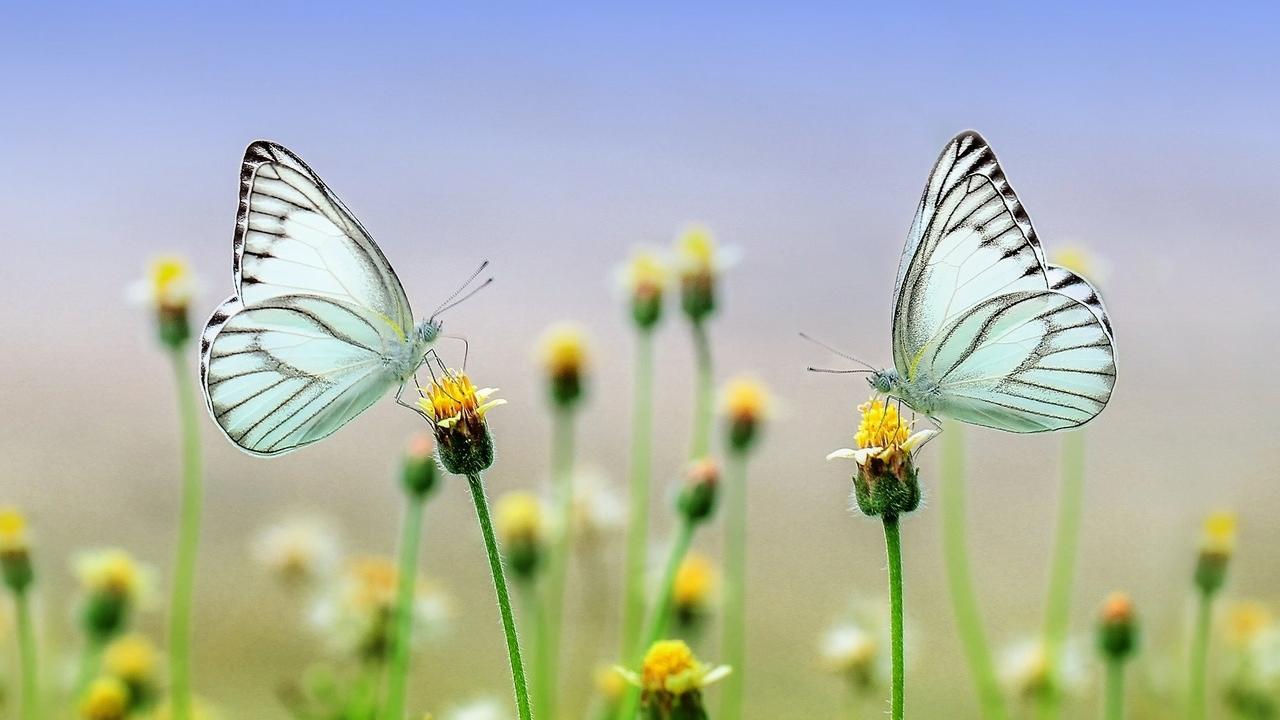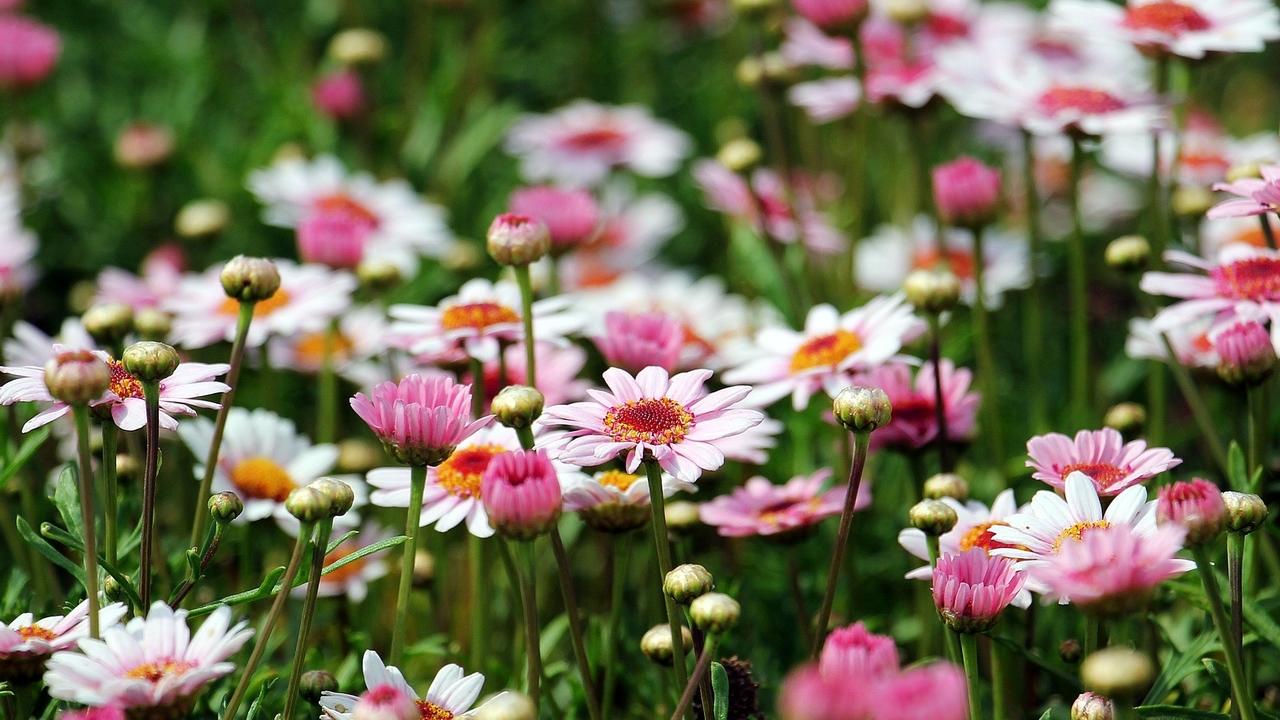Blog
Always do your best(DW #813)

Do you have good days and bad days? Days when it is easy to live up to your ideal self and other days it is a struggle?
Yes? Me too.
This is normal.
If we remove the idea of perfection from the equation, we will become more comfortable with the idea that doing our best will change from day to day.
There will be days when we have slept well, had a good morning and are easily able to be our best selves. Being patient with our families and able to focus on work and be productive.
And other days, not so much.
We may be tired, hungry, "hangry", have "woken up from the wrong side of the bed", are overwhelmed with work or family dramas. Our best on days like this will not be as stellar as an easy day.
We can still do our best, taking into account everything that is going on in our lives.
This kind of thinking is so freeing. Please try it for yourself.
If you are struggling during the pandemic to be as patient or productive as you would like to be, it will be a great time to practice reminding yourself...
The discomfort of self-awareness(DW #811)

Here is how Don Miguel Ruiz puts it in The Four Agreements: "The first step toward personal freedom is awareness. We need to be aware that we are not free in order to be free. We need to be aware of what the problem is in order to solve the problem."
Self-awareness, however, is not a comfortable feeling, ESPECIALLY before we have had a chance to address and change what we have become aware of.
"Encourage yourself by remembering that any detection of negativity within you is a positive act, not a negative one.Awareness of your weakness and confusion makes you strong because conscious ...
The journey and the destination(DW #809)

The pursuit and the practice(DW #808)

Our purpose on this planet(DW #807)

Elements of a good apology(DW# 799)

A gift to the relationship(DW# 798)

Is it enough to ask forgiveness from God?(DW# 770 )

But here is the thing: if we have wronged or hurt another human being, God will forgive only once we try to make amends with that person. And while our salvation may not depend on whether the other person forgives us, it will surely be impacted by the fact that we tried to make amends with them?
Self esteem and responsibility(DW# 769)

"In order to offer a heartfelt apology, a person needs to have a solid platform of self-worth to stand on," she says. "From this higher vantage point, the person can look out at their bad behavior, and they can apologize because they’re able to see their mistakes as part of a much larger, complex, ever-changing picture of who they are as a human being."
When we recognize defensiveness in ourselves, it may help to remember that a powerful way to increase self-esteem and feelings of self-worth...
Fear of humiliation, weakness and loss of control(DW# 768 )

Part of maturing and growing as human beings involves taking stock of our dysfunctional beliefs, thought patterns and actions, evaluating their impact and choosing our own path forward.
If we have a history of being harshly criticized by parents or other important people while growing up, we may find the idea of apologizing humiliating and as a coping mechanism, we may avoid admitting mistakes because of the horrible feelings and memories that apologizing brings up.
